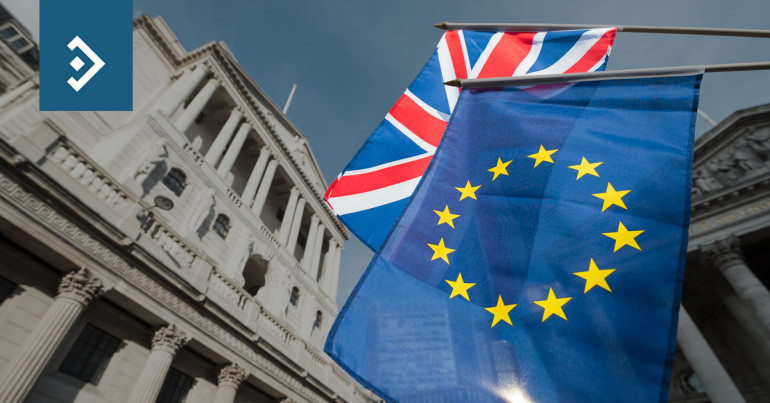
Sellers return as no-deal Brexit fears remain
Morning mid-market rates – The majors
August 31st: Highlights
- Did Barnier blink first?
- Trump to hit China trade again?
- Speculation over top ECB job to drive euro
Barnier’s “Brexit deal close” comments require concrete proposals
It is entirely possible that in discussions with the remaining twenty-seven EU members over the summer that M. Barnier has been told that a deal is more important to Warsaw, or Budapest, or even Rome, than continued bickering, which could leave EU citizens living and working in the UK “high and dry” following Brexit. There has been a doubt, since stage one of Brexit was agreed, that the EU’s individual nations were wanting to take as hard a line as the EU Commission.
There is a certain degree of pragmatism which brings more practicality to the table, rather than a desire to preserve the tenets of the Lisbon Treaty “word for word”.
Traders in the FX market remain wary of “all things Brexit” and despite a cautious optimism that saw many short positions liquidated on Wednesday there was interest to sell yesterday against the dollar.
The pound, having rallied to a high of 1.3044 fell to a low of 1.2985 and closed at 1.3008. Versus the single currency, it managed to hang on to most of its gains reaching a high of 1.1168 and closing at 1.1121.
Considering your next transfer? Log in to compare live quotes today.
Trump to maintain trade pressure
That means that further tariffs, which will likely be met with tit-for-tat measures by Beijing, could come into force as early as next week. President Trump, under pressure at home over both the involvement of Russia in his election victory and payments of hush money is reacting in typically belligerent fashion.
As risk aversion driven by rising trade tension returns, the dollar’s recent correction has ended, and buyers have returned.
With the employment report due at the end of next week, the economy is likely to return to centre stage as the FOMC looks for justification for a further rate hike at the end of September despite what is likely to be a slowing economy.
Wage growth has been steady at 2.7% for a few months and were that to fall or possibly even stay at the same level, pressure could grow on the Fed, particularly since the President pronounced himself to be “less than thrilled” with recent changes to monetary policy, to remain on hold, possibly for the rest of 2018.
The dollar index rose yesterday, reaching 94.90 before dropping back to close at 94.68.
Who will take over at the ECB?
Now the time approaches to find a replacement and from being a “shoe-in” for the role, Bundesbank President Jens Weidmann finds the waters have been muddied by German Chancellor, Angela Merkel. Germany was “supposed” to take its turn following three previous incumbents; a Dutchman, a Frenchman and an Italian.
Mrs Merkel has set her sights on a German President for the European Commission to replace Jean-Claude Juncker and is realistic enough to understand that she cannot canvass for Germans for both roles, so unfortunately Herr Weidmann finds himself out in the cold. That will likely be a huge relief to many Southern European Capitals, not least of all Rome.
Likely, it will be an equally hawkish Central Banker who takes over, with the favourites coming from Finland, Estonia and The Netherlands.
In the short term this is unlikely to drive the euro which fell versus the dollar to 1.1640 yesterday, although as the time for Sr. Draghi to depart nears, how monetary policy will be driven may be a prime influence.
Have a great day!

About Alan Hill
Alan has been involved in the FX market for more than 25 years and brings a wealth of experience to his content. His knowledge has been gained while trading through some of the most volatile periods of recent history. His commentary relies on an understanding of past events and how they will affect future market performance.”



